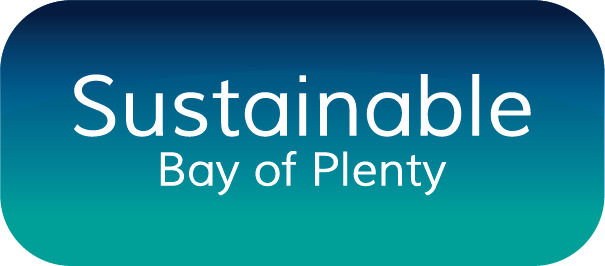Given the lack of any public forum or feedback process, we followed the lead of local business networks, property developers and others, and shared our views with the Minister of Local Government.
28 February 2022
Hon. Nanaia Mahuta
Minister of Local Government Parliament, Wellington
RE: TAURANGA CITY COUNCIL ELECTION
Dear Minister Mahuta.
We understand that you have been receiving feedback about the performance of Commissioners at Tauranga City Council (TCC), including some parties desiring a delay to the upcoming local body election in this city. We have looked out for a formal feedback process, so as there appears to be none, at the suggestion of your staff we are writing to share our thoughts.
Firstly, we wish to convey our view that a formal feedback process would be strongly preferable. That would be fairer than any informal process, as you would give an opportunity for any resident to express his or her views. The lack of a formal process merely reinforces the current power structures that exist in Tauranga, whereby some people are ‘in the know’ and connected, resulting in better opportunities to convey feedback.
Secondly, we acknowledge that the Commissioners have helped to achieve some positive outcomes. For instance, there appears to be strong support from the EDA, Chamber, property developers and several iwi leaders. What’s more, the Commissioners have followed through on increasing the rating differential for commercial and industrial ratepayers – a process that was started by councillors, after it became apparent that Tauranga residential ratepayers pay (like for like) the highest median rate of any New Zealand city.
In 2020, we also observed that TCC started to move towards a more sustainable approach to planning and strategic development, including a plan to implement an Independent Sustainability Board. One of the Commissioners’ first moves was to scrap that Board without any consultation, despite the strong support it had from all stakeholders.
Since that time, the Council has continued to develop a City Vision and strategic framework (a process begun under the Councillors), but it has not embraced a sustainable approach to urban development, transport and housing, which have been explicitly excluded from the scope of the sustainability strategy that is being developed.
Sustainability seems to have been given a lower priority by the Commissioners, despite some ‘green’ window-dressing, and was only mentioned once (as an aside) in the 2021 LTP. What’s more, the three major transport projects being rolled out by TCC will all increase CO2 emissions, yet the
Commissioners have repeatedly made claims that Tauranga’s transport emissions will be cut in half by 2030, without any evidence about how that will happen. That raises a genuine concern that this city will fall further behind in the development of a genuinely sustainable, equitable, low carbon urban development model and transport system, and it devalues TCC’s use of terms such as “sustainable” and “low carbon”.
An equally important issue is the relationship between Council and its residents. As seen in recent Council surveys, there is now a larger disconnect than ever between Tauranga City Council and local communities. The relationship between the Council and much of the community has worsened under the Commission’s rule, which is highly significant for sustainability outcomes, as healthy engagement with the wider community is essential if we are to embrace a truly sustainable future.
In particular, the commissioners immediately dissolved TCC’s popular community engagement team, only created a year or so earlier, and replaced it with a ‘beefed up’ communications team. This contrasts with the previous councillors’ decision to develop that team to undertake more extensive grass-roots engagement with communities, rather than bombard them with ‘comms’.
Futhermore, the Commissioners recently supported the move to scrap most of the SmartGrowth Forums, despite emphatic opposition from the community Forums themselves and other stakeholders. That decision took place in the context of SmartGrowth’s plans sitting outside the scope of TCC’s sustainability framework. It again raises two important underlying issues around the “growth agenda”: who should pay and who should have a say? Those recent decisions by the Commissioners to limit the scope of the sustainability framework and to scrap the Forums have removed any direct input from community representatives into these plans.
There has been a creeping shift towards big decisions being made behind closed doors, and this has only become worse under the Commissioners. The community has now lost its voice and the city has lost any sustainability guidance that it once had, with only a small group of influencers included in council decision-making processes.
Councillors expressing different viewpoints should never result in the removal of the democratic process. In fact, such a situation is the very time to implement the most robust democratic processes. There are times when a council needs to lead by making decisive decisions that some residents may not like. However, the fundamental principle of any representative democracy is that elected politicians are there to represent the views of their constituents.
Therefore, we strongly urge you to ensure that full and open elections take place in Tauranga City this year.
On behalf of all trustees,
Glen Crowther
Executive Director, Sustainable Bay of Plenty Charitable Trust

Extremely well written. Well done.
Well said hope the
Minister listens